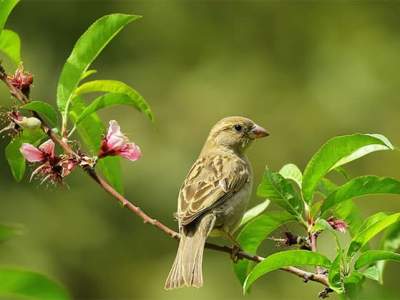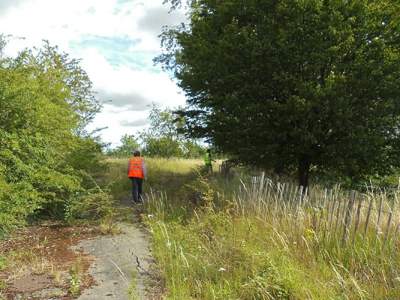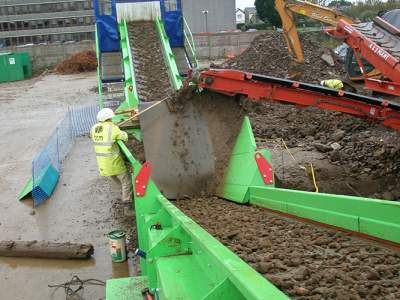
Liverpool residential property case study
If you’re a keen nature-lover like our client Janet, read on the learn how Japanese knotweed harms other species.

Himalayan Balsam (Impatiens Glandulifera) is the tallest growing annual plant in the United Kingdom and Ireland. It is highly invasive due to its unique seed distribution method and its ability to grow 3 metres in height in a 3 month period.
Originally introduced to the UK in the 1830's, gardeners found the brightly coloured purple/pink flowers of Himalayan Balsam an attractive addition to the garden. However, due to its invasive nature - the plant spreads rapidly, taking over the native habitat and killing off other native plants - it has become a problem in the UK.
If you have Himalayan Balsam on your land, contact TCM today. We can arrange for one of our invasive weed experts to visit your property and discuss your treatment options.
Himalayan Balsam is commonly found adjacent to watercourses, in damp ground, and increasingly on roadside verges. The plant has an explosive mechanism by which ripe seeds are hurled from the plant, to enlarge the colony or be carried away by water to fresh ground - the seeds may be thrown as far as 2m away. As it is an annual, it has no other reproductive method other than seed, and thus prevention of seeding is the key to control.
TCM supply eradication solutions for homeowner. If you have Japanese Knotweed on your land, or your buyer’s mortgage has been refused - we can help. Contact us today.
RESIDENTIAL SOLUTIONSTCM deliver science based knotweed removal solutions to a wide range of industries and organisations including construction, rail, road, the London Overground, property developers, local councils and more.
COMMERCIAL SOLUTIONS
Howard Downer, AKA Dr. Knotweed, has over 20 years of experience as an Environmental Consultant and is regarded by his peers as one of the most knowledgeable people in the Japanese knotweed industry.
Follow Dr. Knotweed to hear about the latest developments regarding Japanese knotweed and the implications of infestation.

If you’re a keen nature-lover like our client Janet, read on the learn how Japanese knotweed harms other species.

Mortgage lenders are reluctant to invest in land and property compromised by Japanese knotweed.

TCM had a lot to get done in a single week. The blessing was that no Japanese knotweed was found on the development site!

St Albans in Hertfordshire is a Japanese knotweed hotspot, so TCM were called to the development site to eradicate the plant once and for all.